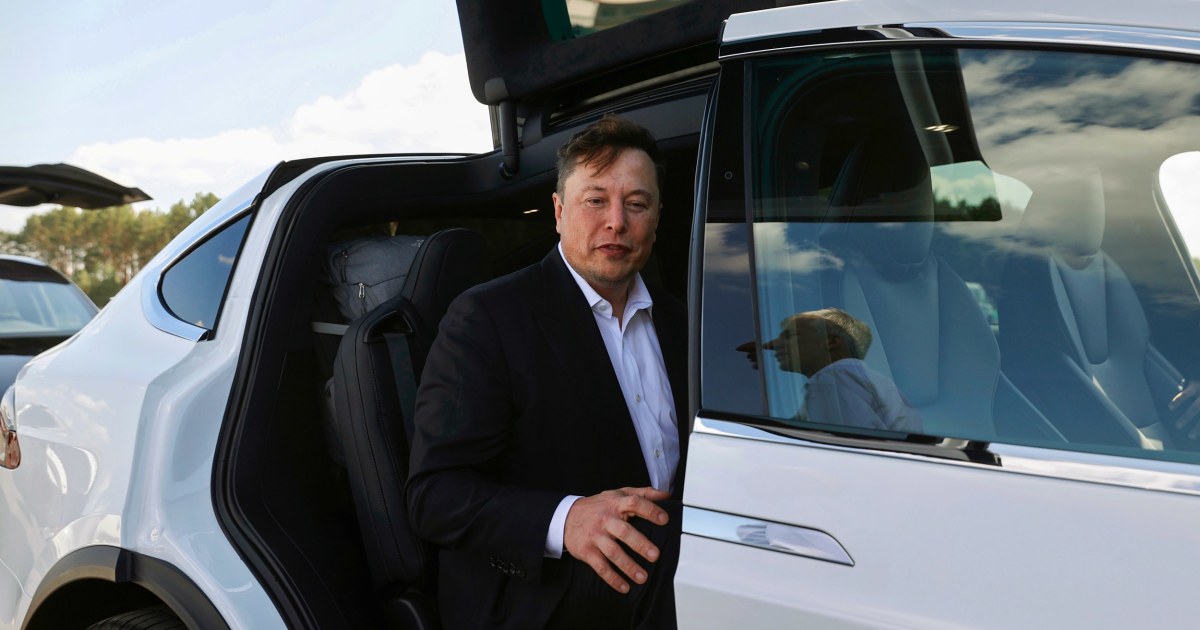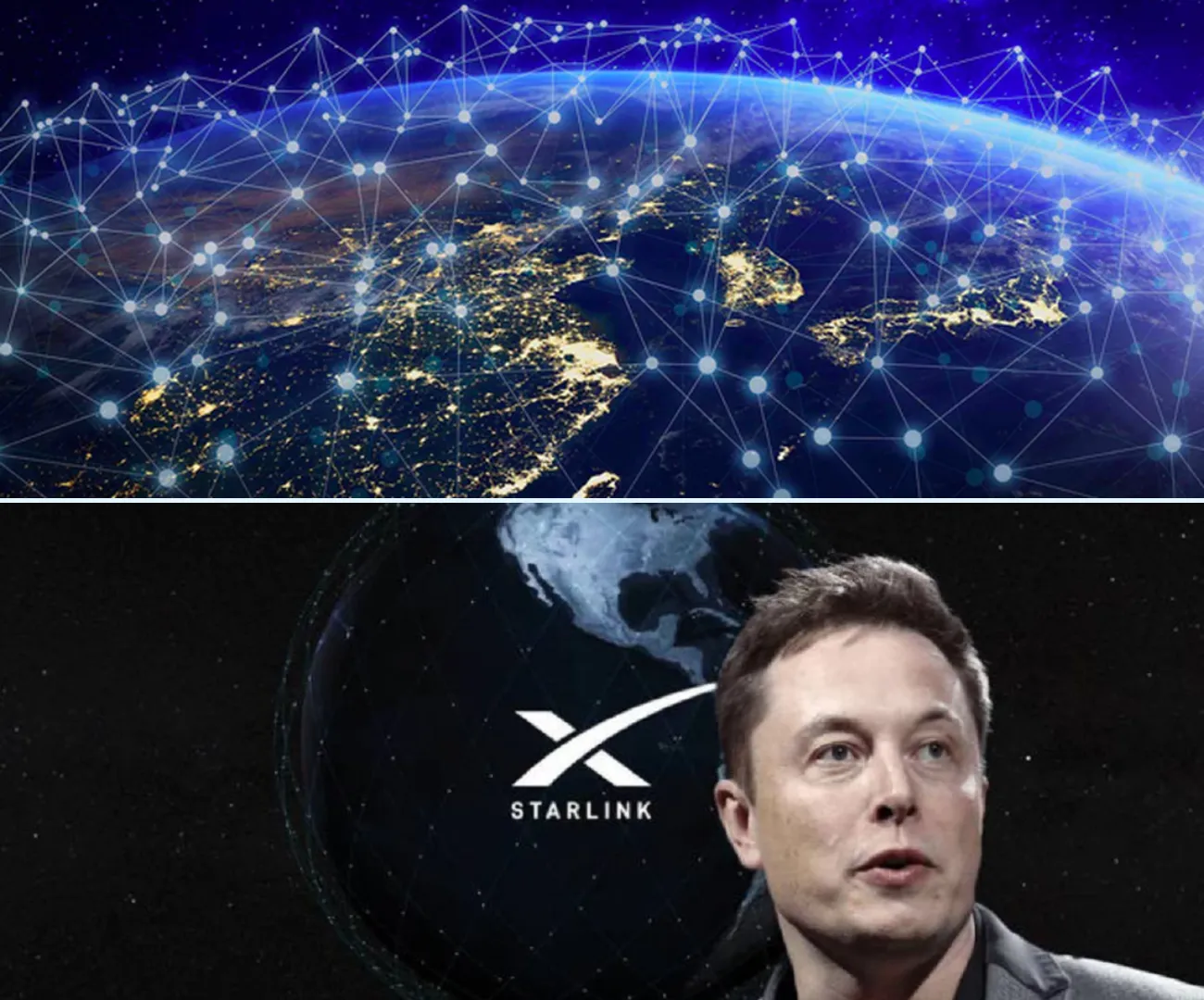
During Tesla Inc.'s (NASDAQ: TSLA) first-quarter earnings call on Tuesday, CEO Elon Musk didn’t just address Tesla’s financial performance—he boldly predicted the end of traditional car ownership. In what can only be described as a provocative commentary, Musk declared that most people will no longer buy cars in the future, framing this shift as inevitable.
His remarks not only pointed to the obsolescence of gasoline-powered vehicles but also served as a direct jab at luxury brands like BMW and Mercedes. According to Musk, such vehicles are outdated, while Tesla represents the future of transportation.
Musk's prediction was more than just a passing comment. He framed the evolution of car ownership as an unavoidable transformation, one where gasoline-powered vehicles and even hybrid options would be rendered obsolete. The Tesla CEO compared gasoline vehicles to outdated technologies, stating, “In the not too distant future, buying a gasoline car that is not autonomous will be like riding a horse while using a flip phone.”
With this comparison, Musk didn't just dismiss traditional car brands—he suggested that the market would quickly move away from them, just as people had once abandoned outdated technology like flip phones in favor of smartphones.

This comment was particularly aimed at traditional automakers like BMW and Mercedes, brands that, while still dominant in the luxury vehicle market, are seen as lagging behind in terms of the electric and autonomous vehicle race. In response to a question from Pierre Ferragu, an analyst at New Street Research, Musk remarked, “Why are there so many people still buying BMWs and Mercedes?”
His rhetorical question wasn’t just a dismissal of these brands; it was an assertion that Tesla is not only leading the EV revolution but will ultimately redefine the entire car industry.
The iPhone of Cars: Ferragu, who had previously compared Tesla’s Model 3 to the iPhone in terms of its potential to revolutionize the car market, was eager to share Musk’s response after the earnings call. On social media platform X (formerly Twitter), Ferragu interpreted Musk’s words as a signal that Tesla would one day become “the iPhone of cars”—a reference to how Apple transformed the smartphone market.
For Ferragu, Musk’s comments about the future of Tesla were not merely speculative; they were a statement of intent to drive the company into uncharted territory where the brand would not just compete but dominate.

Musk's confidence in this future is unmistakable. While traditional automakers like BMW and Mercedes focus on refining their combustion engine models and hybrid vehicles, Tesla has already set its sights on the future with its focus on fully autonomous electric vehicles.
Musk’s continued assertion that Tesla will become the standard for the automotive industry reflects his deep belief that the internal combustion engine (ICE) car era is swiftly coming to an end.
Tesla’s First-Quarter Performance: While Musk's statements about the future of transportation were strong, Tesla's first-quarter earnings report reflected a sobering reality for the company in the short term. Tesla reported a revenue of $19.34 billion, a 9% decline compared to the same period last year, and well below Wall Street’s expectations of $21.35 billion.
Despite this dip, Musk remained confident in Tesla’s long-term prospects. The company continues to focus on making electric vehicles more accessible to a broader range of customers, with plans for more affordable models scheduled to begin production in the first half of 2025.
The decline in revenue did little to dampen Musk’s enthusiasm for Tesla's long-term plans. During the call, he reaffirmed Tesla’s ambitions to further disrupt the automotive sector with autonomous driving technology, the production of more affordable vehicles, and the launch of the highly anticipated Robotaxi service, known as Cybercab, slated to enter mass production in 2026.

A major component of Tesla’s vision for the future lies in its Full Self-Driving (FSD) technology, which Musk believes will be the cornerstone of the company’s success in the coming years. Tesla’s Giga Texas production facility currently uses Unsupervised FSD technology to move vehicles from the production line to the outbound logistics lot.
This marks a significant step toward Musk’s goal of achieving fully autonomous driving capabilities, and Tesla’s commitment to developing this technology is evident.
However, Tesla’s FSD system has faced criticism from some experts who argue that it falls short of its competitors, particularly Alphabet Inc.'s Waymo. Unlike Tesla, which uses a camera-based approach to its self-driving system, Waymo utilizes LiDAR-based technology that has been deemed more precise.
Waymo has also logged over 20 million miles using Unsupervised FSD, far surpassing Tesla’s real-world autonomous driving experience. Despite these challenges, Musk remains unshaken, expressing confidence that Tesla’s camera-based system will eventually match and surpass the performance of its rivals.
The Ongoing Debate: Tesla’s FSD technology, while groundbreaking, is not without controversy. Many industry experts are concerned about the accuracy and safety of Tesla's camera-based system, especially when compared to LiDAR-based systems that have a higher level of precision.

Tesla’s push for a fully autonomous driving experience has raised questions about the ethics and safety of such technology, as well as the regulatory hurdles that the company will need to overcome in order to deploy fully self-driving cars on a massive scale.
Furthermore, the broader debate about self-driving technology remains unresolved. Despite Tesla’s advancements in autonomous driving, the company faces increasing competition from other tech giants and automakers that are developing their own self-driving vehicles.
Companies like Waymo, Cruise, and even Apple are all making significant strides in autonomous driving technology, creating a fiercely competitive landscape in which Tesla must continue to innovate if it hopes to maintain its leadership position.
Despite the challenges Tesla faces in terms of technology, revenue, and market competition, Musk remains steadfast in his belief that Tesla’s future is electric and autonomous. His bold assertions that gasoline-powered cars will soon be seen as relics of the past reflect his long-term vision for the company—a vision in which Tesla doesn’t just lead the electric vehicle market but dominates the future of personal transportation.

Musk envisions a world where car ownership becomes a thing of the past, replaced by fully autonomous electric vehicles that can be used on demand through services like Robotaxi. Tesla’s role in this transformation is clear: the company will be at the forefront of the shift to electric and autonomous transportation, reshaping the entire automotive landscape in the process.
Elon Musk’s comments during Tesla’s first-quarter earnings call have once again highlighted his unwavering confidence in the future of Tesla. Despite the company’s short-term financial struggles, Musk remains convinced that Tesla will not only lead the electric vehicle revolution but will redefine the entire automotive industry.
With a focus on affordability, autonomous technology, and the upcoming Robotaxi service, Tesla’s long-term roadmap suggests that Musk’s vision for the future of transportation is as ambitious as it is audacious.
While Tesla’s full self-driving technology faces its share of challenges, Musk's vision of an autonomous, electric-driven future remains clear. His provocative comments about gasoline-powered cars, particularly in comparison to luxury brands like BMW and Mercedes, reflect his belief that Tesla is not just part of the future—it is the future. Whether Tesla’s ambitious goals come to fruition will depend on the company's ability to overcome technological, regulatory, and financial obstacles.
However, for now, Musk’s bold predictions continue to steer the company toward what he believes will be a new era in personal transportation.
-1745552733-q80.webp)

-1745576180-q80.webp)
-1745717938-q80.webp)